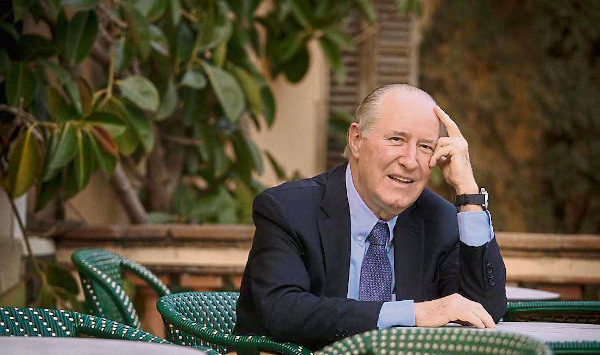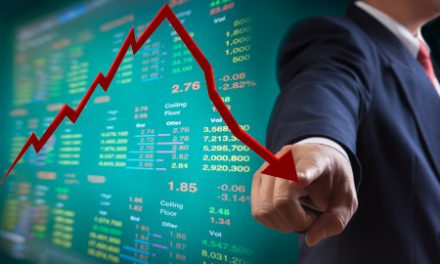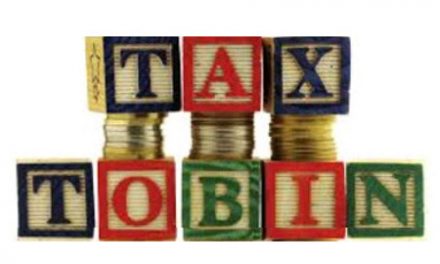José Mª Gay de Liébana
Professor of Economics at the University of Barcelona
Full academician of the Royal European Academy of Doctors-Barcelona 1914 (RAED)
When in 2012, the risk premium climbed to high levels, Mario Draghi‘s words were enough to heal the financial markets and, as a messiah, he made the waters calm down and return, more or less, to their channels, preventing overflows. On March 12, the message from Christine Lagarde, successor to Draghi’s office, didn’t materialize, nor did the appearance of the president of the Spanish government, Pedro Sánchez, announcing some tenuous measures with which to alleviate, in very little time, the impact of the economic crisis that the coronavirus is causing and whose dimensions, at the moment, are unpredictable and incalculable. And if last week the world stock markets went into free fall, our Ibex plunged into the void. The markets discount the potential damage that the pandemic will cause both in the world and in Spain.
The world economy is deglobalizing by leaps and bounds, with isolations from countries like Italy, perhaps Spain, and the distance between the United States and Europe becomes infinite because contact is lost. Spain, with tourism as the engine of our economy and services marking our path, weakens by forced marches and consumption, with people confined to their homes, enters a downward curve. It’s no longer a question of figuring out how or how much our economy will grow or decrease, but rather of trying to deploy a protective net to avoid the mortal leap. Warren Buffet, 89, said on same March 12, that he had never seen a similar situation in his life. That metaphor for the Nobel Prize in Economics, Milton Friedman, proposing that governments throw money from helicopters, would perhaps be a utopian solution.
However, the governments, and less the Spanish, don’t have room for maneuver, that is, they don’t have helicopters or money… Spain is in a very vulnerable position due to the erratic courses it has gone through during all these years the path of our public deficit and the accumulation, increasingly serious, of an unpayable public debt. Under current conditions, Spain shows an agonizing weakness in its public finances to underpin its economy minimally.
Seven days ago, the Sànish minister of Economy, Nadia Calviño, said that the economic impact of the coronavirus is insignificant and transitory, noting that the Spanish Stock Market is one of those registering “less volatility”. In three weeks, the Ibex has lost more than 206,000 million euros, no more and no less than 17% of Spain’s gross domestic product in 2019. On Saturday night, president Pedro Sánchez spoke of a major impact. With all due respect, Nadia Calviño reminds me more and more of Pedro Solbes, and the bitter trance of these vicissitudes of 2020 takes me back to 2008, when the great financial crisis was incubating.
The Spanish Government, which until now had gone from the extreme health and economic severity of the coronavirus, is obliged to prioritize an economic rescue plan for the self-employed, SMEs and even larger companies, and the labor market in the face of the avalanche of employment regulation records is in the making and, breaking deficit and public debt caps, it has to implement the general escape clause that allows spending to be increased in all economic sectors. We must ensure liquidity and tie up debt, both critical axes that will collapse our economy in the coming hours. Germany, thanks to the margin given by its budget surplus, gives unlimited credit to its companies to avoid liquidity problems and the margin to invest in stability.
The economy is paralyzed and the Spanish Government continues without appearing on the scene. The diagnosis is clear: Spain enters into acute economic depression when all the adverse factors are combined. If they don’t react now, the disaster will be huge and the 2008 financial crisis will be nothing compared to the one that triggers the coronavirus. This will be a crisis of both liquidity, due to the abrupt stoppage of economic activity, and debt due to the impossibility of paying any obligations due to economic strangulation. Now, more than ever, Spain needs rulers who know how to take charge of an uncertain anxiety.

Dr. José María Gay de Liébana




